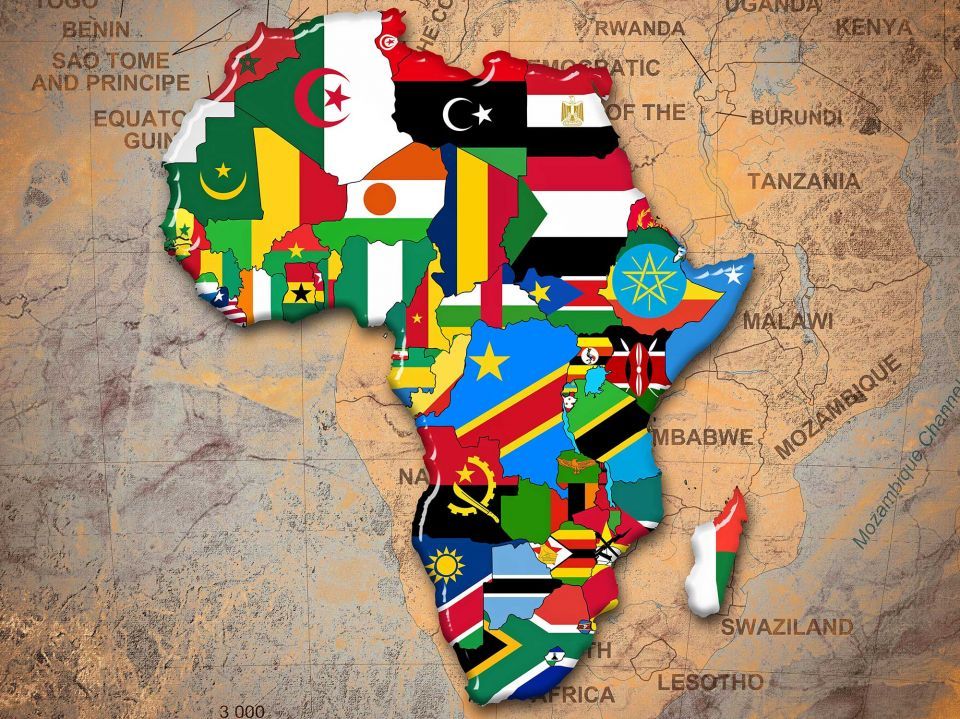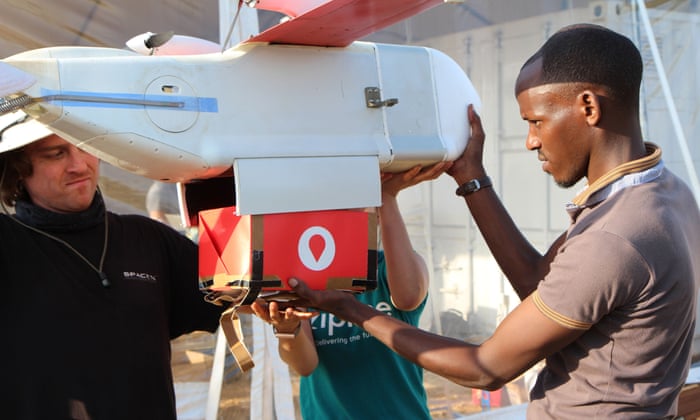Foreign Investment In Africa Increased By 13% With South Africa, Congo, Ethiopia, Ghana Leading The Largest Investment
More foreigners are starting to commit more funds to Africa by way of investment. African countries put together saw a 13% inflow of foreign investment in 2018 alone according to the United Nations Conference on Trade and Development. Aggregate investment volumes climbed to $32 billion, challenging a global downward trend and reversing two years of decline.
Which Countries Foreigners Are Choosing To Invest In
At the head of all these are some African countries which performed better than others. A breakdown of the performance of African regions and countries is as follows:
- The Southern Africa region performed the best, taking in FDI of nearly $4.2 billion, up from -$925 million in 2017.
- Foreign investment in South Africa more than doubled to $5.3 billion. Though much of the South African jump came from intracompany loans, new investments included a $750 million Beijing Automotive Group plant and a $186 million wind farm being built by the Irish company Mainstream Renewable Energy. President Cyril Ramaphosa, who took office last year pledging to revive the economy, is seeking to attract $100 billion in FDI to Africa’s most developed economy by 2023.

- Investments in northern Africa jumped seven percent or $14bn from the previous year. This increase in FDI helped to offset less investment in Egypt, which was down eight percent. However, despite the decline in FDI for Egypt, UNCTAD data shows that the country was still the largest recipient of FDI continent-wide.
- Ethiopia remained East Africa’s top recipient of FDI at $3.3 billion, despite an 18% drop compared with the year before. Kenya, another East African country, received $1.6bn worth of FDI. These investments were mainly in manufacturing, hospitality, chemicals, and the oil and gas sector.
- Generally, Kenya, Uganda, and Tanzania all saw increases in FDI inflows. Foreign investment in Uganda jumped 67% to a record $1.3 billion, boosted by the oil and gas development of a consortium that includes France’s Total, CNOOC of China and London-listed Tullow Oil.
- Ghana, which is in the midst of an oil and gas boom and saw inflows of $3 billion, making it West Africa’s leading destination for foreign investment. Italy’s Eni Group was behind Ghana’s largest greenfield investment project.
- By contrast, inward FDI to Nigeria, a major oil producer, plunged 43% to $2 billion. Investors were put off by a dispute between the government and South African telecom giant MTN over repatriated profits. Banks HSBC and UBS both closed representative offices there in 2018.

(Billions of dollars) Source: UNCTAD
AfCFTA Is Going To Be A Game Changer
Much like the European Union, the newly ratified African Continental Free Trade Area Agreement could be a huge game changer on FDI, especially in the manufacturing and services sectors.
“The ratification of the African Continental Free Trade Area Agreement could also have a positive effect on FDI, especially in the manufacturing and services sectors,” the report said.
The AfCFTA aims to eliminate tariffs between member states, creating a market of 1.2 billion people with a combined GDP of more than $2.2 trillion.
Also the development of new mining and oil projects, a new U.S. development-finance institution could further boost foreign direct investment (FDI) in 2019, the report said.

(Number of zones) Source: UNCTAD
Again, the creation of the U.S. International Development Finance Corp could help support FDI inflows this year. A replacement for the Overseas Private Investment Corp, it will have a budget of $60 million and a mandate to make equity investments.
Right now, Africa stands in sharp contrast to developed economies, which saw FDI inflows plunge 27% to their lowest level since 2004, the United Nations Conference on Trade and Development wrote in its “World Investment Report”.

(Billions of dollars). Source: UNCTAD
Comments
This report shows Africa is continuously becoming a new market for international investors. Indeed, this new report shows Africa is defying the current slowdown in global foreign direct investment. In fact, for the third year in a row, foreign direct investment (FDI) is down all over the world, but not in Africa. In 2017, France was the top foreign investor in Africa, followed by the Netherlands, the United Kingdom, and the United States. Critically, UNCTAD’s data shows that from 2013 to 2017, Chinese FDI in Africa grew 65 percent, only topped by the Netherlands, for which FDI was up more than 200 percent. Most African countries are also resorting to creating zones. In fact, in 2018, Burkina Faso, Côte d’Ivoire, and Mali launched an SEZ spanning border regions of the three countries. Similarly, Ethiopia and Kenya recently announced their intention to convert the Moyle region into a cross-border free trade zone.
UNCTAD notes that stronger regional cooperation also creates scope for more ambitious regional and cross-border zones.
This is exactly what AfCFTA is proposing. So expect more inflows of FDI before this year ends, but mostly in countries that have agreed to be part of AfCFTA.
Charles Rapulu Udoh

Charles Rapulu Udoh is a Lagos-based Lawyer with special focus on Business Law, Intellectual Property Rights, Entertainment and Technology Law. He is also an award-winning writer. Working for notable organizations so far has exposed him to some of industry best practices in business, finance strategies, law, dispute resolution, and data analytics both in Nigeria and across the world.








